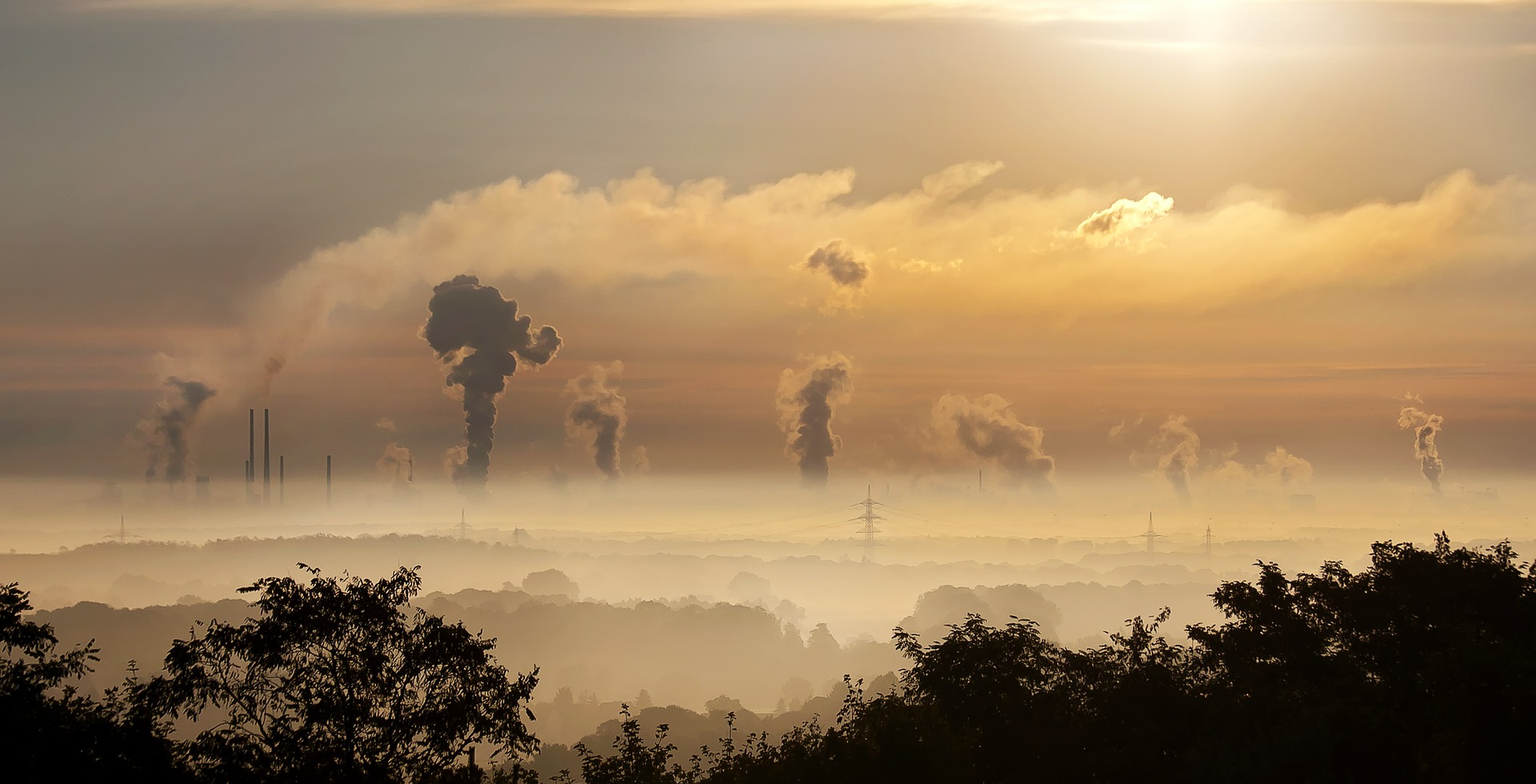A team of researchers at Linköping and Stockholm Universities, in Sweden, have developed a camera capable of detecting methane gas in great detail. This has led to their discovery that, as temperatures of locales increase, the rate at which they give off methane — a natural greenhouse gas — increases exponentially. This could mean a much faster rate of global warming than has previously been calculated.
The camera itself is an advanced, hyperspectral, infrared camera weighing 35 kilos and measuring 50 x 45 x 25 centimeters, reports Science Daily. It is able to absorb the same radiation that methane absorbs — the one that makes it such a powerful greenhouse gas — and records a high-resolution spectrum for every pixel of the picture, which allows methane to be separated out from the other gases.
This is troubling because the greenhouse gas emissions themselves add to the warming effect, meaning that whatever human-based effects are being created are being magnified by an increase in methane gas.
This has led to a surprising discovery. Phys.org quoted Sivakiruthika Natchimuthu, a doctoral student at Tema Environmental Change, Linköping University, and lead author of the latest publication on this topic from her group, as saying “everything indicates that global warming caused by humans leads to increased natural greenhouse gas emissions. Our detailed measurements reveal a clear pattern of greater methane emissions from lakes at higher temperatures.” This is troubling because the greenhouse gas emissions themselves add to the warming effect, meaning that whatever human-based effects are being created are being magnified by an increase in methane gas.
The study was conducted using the advanced camera over the course of two years, looking at three different lakes. The studies were reported to be fairly conclusive: a temperature increase of 15º to 20º C resulted in an exponential increase in methane gas emissions. This could have far-reaching repercussions, not only for the environment and global habitats, but even reaching so far as the economy.
























